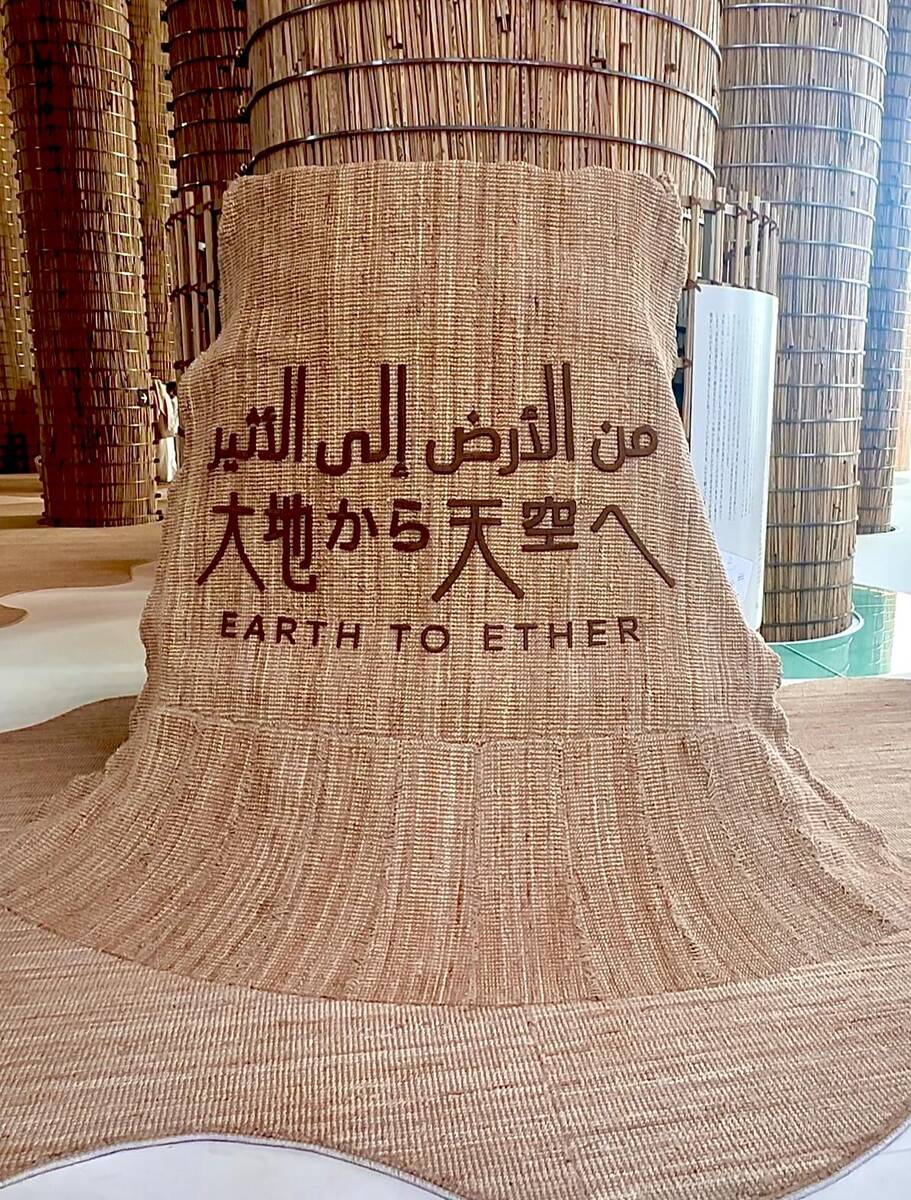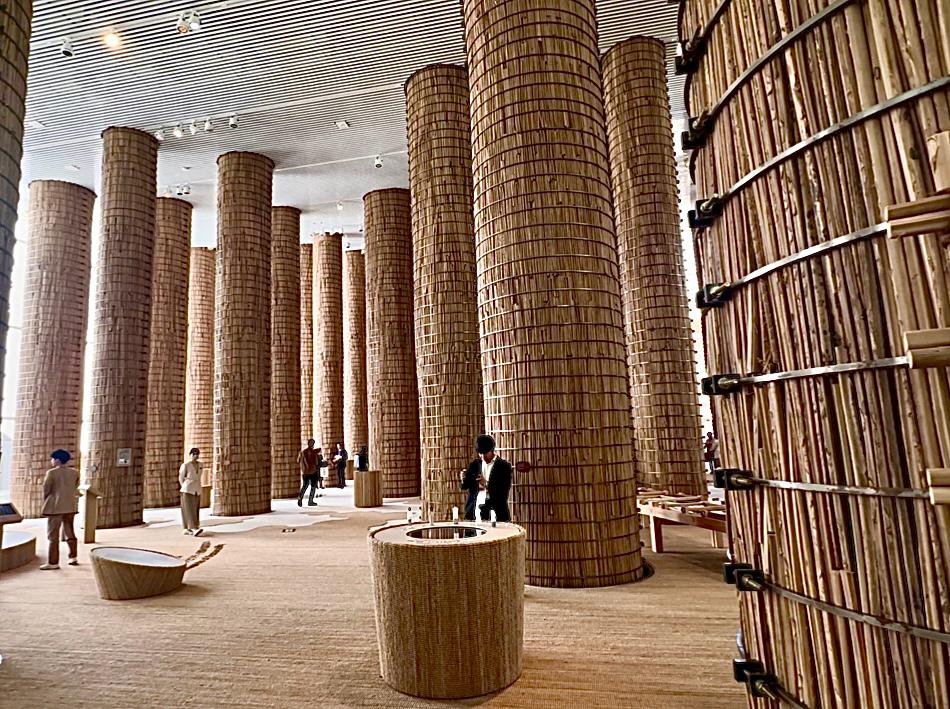KAZAN: Iranian President Masoud Pezeshkian on Thursday condemned the 15-nation UN Security Council for failing to tackle the Middle East conflict.
“The fire of war is still raging in the Palestinian Gaza Strip and Lebanese cities,” Pezeshkian told leaders from emerging economies at the BRICS summit in Russia.
“And international institutions ... topped by the UN Security Council — who are drivers of international peace and security — lack the necessary efficiency to extinguish the fire of this crisis.”
Pezeshkian condemned Israel for violating “the red lines” of different states and “producing a new wave of violence and terror.”
Since the start of the war in Gaza, Iran has criticized the UN body for being inactive and ineffective in ending conflict in the Middle East.
Iran is engaged in an intense diplomatic campaign to establish ceasefires in both Gaza and Lebanon.
The efforts are also aimed at preventing the conflict from expanding across the region after Israel’s threat to retaliate to an attack by Iran on Oct. 1.
Tehran said the attack was in response to Israeli strikes in Lebanon, which killed an Iranian general and the head of the Lebanese Hezbollah movement, Hassan Nasrallah, late September.
For his part, Iran’s Foreign Ministry spokesman, Esmaeil Baghaei turned to social media to criticize the UN for turning “into a frustratingly dysfunctional platform.”
He said the UN was “sadly defeating its purpose” because the US “unconditional support for (the) occupying regime” — Israel — “has so emboldened the regime as to expand its aggressions and atrocities across the region,” he posted on X.
The US is one of the five permanent Security Council members with powers to block its decisions. Earlier, Iranian Foreign Minister Abbas Araghchi accused the US of obstructing the UN Security Council over the wars in Gaza and Lebanon.
“The inaction of the UN Security Council due to the obstruction of the US is a disaster,” he said.
Meanwhile, a Syria war monitor said Israeli strikes in the capital and in central Homs province killed two people, including a soldier.
The Syrian Observatory for Human Rights said the strikes in Damascus’s Kafr Sousa district targeted “the courtyard of a government building near a military fuel station.”
The Britain-based war monitor said: “One person whose identity is unknown” was killed and three others wounded.
In Homs province, which borders Lebanon where Israeli troops are fighting Hezbollah, the Israeli strikes “targeted a truck near a regime forces checkpoint on the road on the outskirts of Qusayr.”
That attack killed a soldier and wounded four others, the observatory said.
Syrian state news agency SANA said the Israeli army “launched an air attack ... targeting two sites” in the Kafr Sousa district of Damascus and a military site near Homs.
It reported one soldier killed and seven others wounded.
Since the civil war erupted in 2011, Israel has carried out hundreds of strikes in Syria, mainly targeting the army and Iran-backed armed groups, including Hezbollah.





























